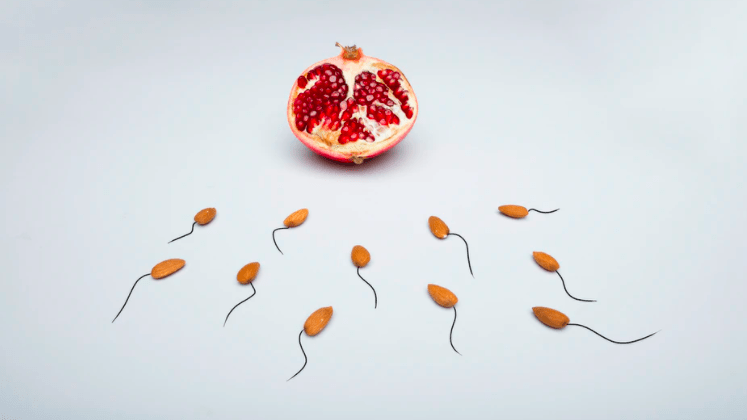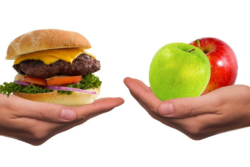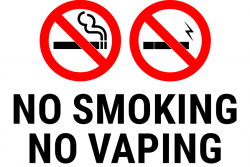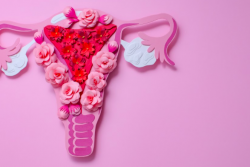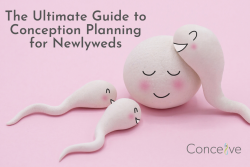In an interview with Dr. Camille Krause, she discussed why ovulation is important and how to get your hormones back on track.
Dr. Camille Krause: Hi, it’s Dr. Camille Krause, naturopathic doctor. I have changed my angle slightly so that we don’t feel like we’re stuck in the same place every time. Today, I want to talk about the importance of ovulation beyond conception, so I wanted to step back from my previous video, about figuring out when you ovulate to say, I fully recognize that some of you can not get pregnant without assisted reproductive technology, while we’re at home during lockdown.
So, I, by no means mean to make light of that, but I want to encourage you to say that if you are still able to ovulate, or get those hormones back online to ovulate, they are still really important for fertility. So, even if you don’t have fallopian tubes or you’re working with male factor infertility and can’t get pregnant, even if you are ovulating, as long as you have ovaries, and if you are able to get that ovulation happening, it is still going to drive your fertility forward for when things do open back up.
Dr. Camille Krause:
So, first let’s talk about what can cause anovulation, which is the lack of ovulation. 70% of anovulation cases are hormone-related and the hormones that can cause anovulation are many. So, everything from insulin, testosterone, thyroid hormone, prolactin, estrogen, and progestin, and your LH and FSH, and then even your adrenal hormones, so adrenaline and cortisol.
So, I’ve just named a huge number of the hormones in the body, and I would say that naturopathic doctors are really well-positioned to help get those hormones back into balance, to get them to talk to each other, to send the right signals, and to get ovulation happening. So, even while we are at home on lockdown, we can still improve those cases of anovulation.
The other 30% is more physical-related, so either damage to the ovaries or lack of ovaries themselves. Even if you have one ovary, you can still ovulate from that ovary and produce the hormones needed.
Dr. Camille Krause:
But if you don’t have both ovaries, then that would be impossible to ovulate, and then there’s also a condition called LUFS, which is a more physical anovulation. LUFS stands for Luteinized Unruptured Follicle Syndrome, and it happens in maybe 12% cases, from the studies I was reading. So, it is a little bit more rare. What it means is that your follicle is getting the LH surge and getting that signal to ovulate, but it never ruptures, and it never releases the egg.
The only way you would know that, that’s happening is if you have an ultrasound after your expected ovulation. So, after you get the LH surge, you would have a follow-up ultrasound and they would be able to see that the follicle hasn’t ruptured, or if you have low progesterone in the mid-luteal phase. So, when the follicle doesn’t rupture, it can’t turn into the Corpus luteum, which is what secretes progesterone.
Dr. Camille Krause:
So, if you have low levels of progesterone in the second half of your menstrual cycle, then that could tie back. But again, the ultrasound is the only way to truly know that, that’s the reason why you have low progesterone. Okay? So, beyond those reasons, here’s why we want to get you ovulating, if we can. With the first half of your cycle is the estrogen phase. That good rise in estrogen is what thickens the lining, so we need that part. Then the second part of your cycle is the progesterone phase, and it maintains that nice, thick, squishy lining for an embryo to come and implant, and to be able to grow healthily. We need that dance of hormones happening for many, many reasons, both to give the lining the signal, and then also … so, we need that estrogen and progesterone phase to …
Dr. Camille Krause:
So, we need both of those hormone phases for a healthy cycle, and we only make those healthy hormones if we are ovulating. When we have those monthly bouts of hormone, we are also improving the hormone signaling in the body and the hormone receptors. So, you could have tons and tons of estrogen lying around, but if you don’t have the hormone receptors, then your body’s not going to listen, right?
It’s like you tell a kid to clean their room and you get louder and louder and louder because they’re just not responding. That’s what can happen if you don’t have your body actually listening and have those receptors primed. It’s actually a big part of how herbal medicine works, is by getting your body more responsive in getting the hormone receptors back online. So, if we have that monthly total talk to your hormone receptors and between your hormones themselves, then you’re, you’re basically priming them, right?
Dr. Camille Krause:
You’re keeping them active and you’re keeping them on their toes, instead of waiting for that one month where you have a STEM protocol and you’re put on certain medications, it’s the repeated action that keeps things sensitive. So, that’s one reason why we need that monthly cycle for fertility, beyond fertility, and I’m talking menopausally.
So, this is a little bit away from what we might think about now, but we actually need a good 35 to 40 years of monthly ovulation to lay a really good hormonal foundation for post-menopause. So, having that regular estrogen and regular progesterone lays down support for our bones, for having a good, strong skeleton, for our brain, for mood changes and memory or dementia changes that can happen post-menopausally, and as well as our breast tissue, actually.
So, progesterone is very supportive of healthy, safe breast tissue. So, our hormones do, and our ovulation does play a role just beyond getting pregnant, and I hope that that makes` sense and helps you understand why.
If you would like to learn more or book an appointment with a Conceive Health fertility naturopath, contact us today!
